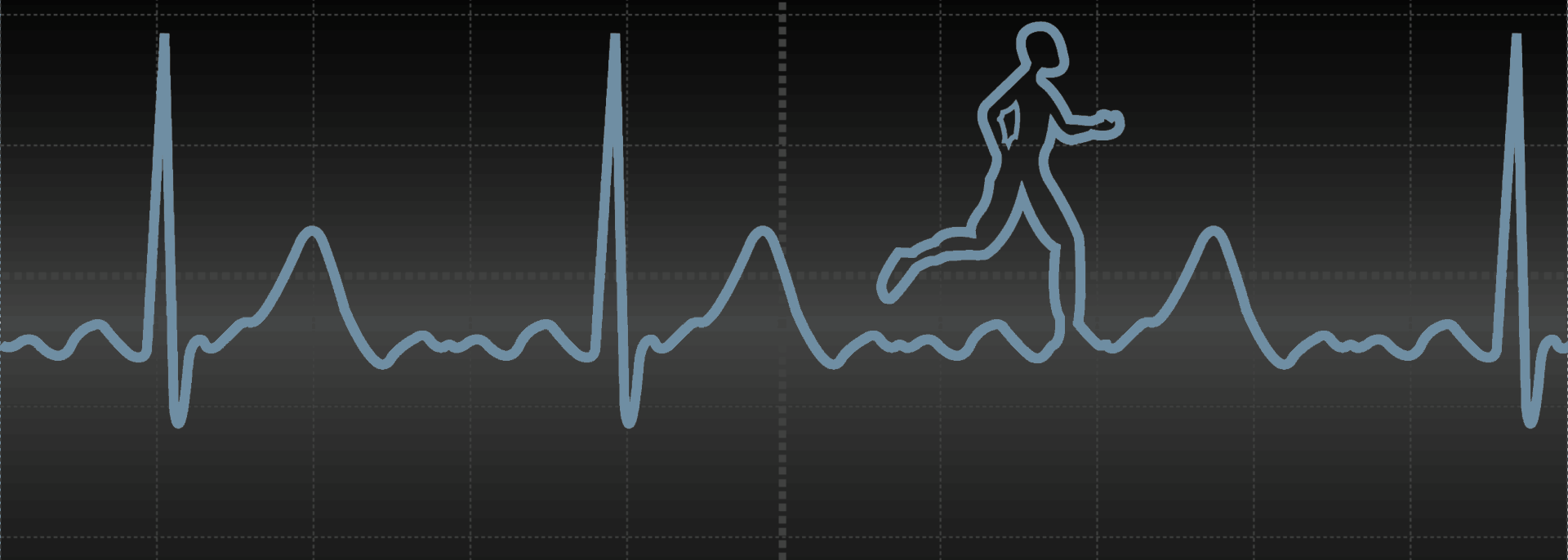How can I call Ambucare Ambulance?
One Call, That’s All, Just Call +91 9820644429 / +91 9820644421
What Information do I need to provide the Ambucare dispatcher when I call?
- Patient’s Name
- Date of Birth
- Pick up Address (Apartment Number if applies) or Facility Name
- Where the Patient is going? (Address or Facility Name and Doctor’s Names / Suite Number)
- For what reason?
- What type of Insurance the Patient has?
*Insurance Carriers and Medicare require the Policy Number(s) for identification to process the claim.
How does Ambucare determine what type of transportation I need?
The type of transportation is based on an industry term: “medically necessary” which is further defined below. Our dispatcher will ask:
- Can the patient walk?
- Is the patient in a wheelchair?
- Is the patient bed bound?
- Can the patient maintain a sitting position for an extended period of time?
- Does the patient need assistance to stand or pivot?
If the patient can walk or is in a wheelchair, transportation other than an ambulance should be utilized. If the patient is bed bound, cannot sit for an extended period or needs assistance to transfer, an ambulance is utilized. In all emergencies, an ambulance is utilized.
In an emergency, can Ambucare transport me to the hospital of my choice or do I have to be transported to the nearest hospital?
Sure, Ambucare Ambulance can transport you to your hospital of choice if you are stable enough for the transport, which is determined by the EMT’s or paramedics who arrive to evaluate you. The information is then relayed to our medical control and the decision to go to a further hospital is then approved or denied by the medical staff. All private ambulance services use this same protocol. 911 will only transport you to the nearest facility.
What’s the difference between Basic and Advanced Life Support?
Basic Life Support
Basic Life Support (BLS) ambulances provide transport to patients who do not require extra support or cardiac monitoring. a BLS ambulance is staffed by two Emergency Medical Technicians (EMTs) who have training in basic emergency medical care such as basic airway management, use of an automated external defibrillator (AED) and basic drug administration. Examples of BLS transports include:
- Hospital discharges
- Psychiatric discharges
- Basic Life Support emergencies such as lower extremity fractures
- Inter-facility transfers
- Transport to dialysis
- Doctor’s offices
Advanced Life Support
Advanced Life Support (ALS) ambulances transport patients who need a higher level of care during transport above those services provided by a BLS ambulance. The unit is staffed by two paramedics who have over 1,000 hours of education and training and are qualified to render advanced life support to patients such as advanced airway management, drug administration and cardiac monitoring under the direction of a hospital. Patients who typically require ALS transport include:
- Medical/surgical patients with a continuous IV
- Patients on a cardiac monitor
- Patients with potential airway compromise
- Any patient deemed to have a potential complication during transport when reported by the sending facility
- Life threatening medical emergencies (For example: respiratory distress, stroke, seizure, or chest pains)
Elite Ambulance transported me to the hospital. Can I request Elite transport me back home?
Sure. While hospital case managers coordinate ambulance transportation, you as the patient can ask your case manager to request transportation from your preferred ambulance service.
